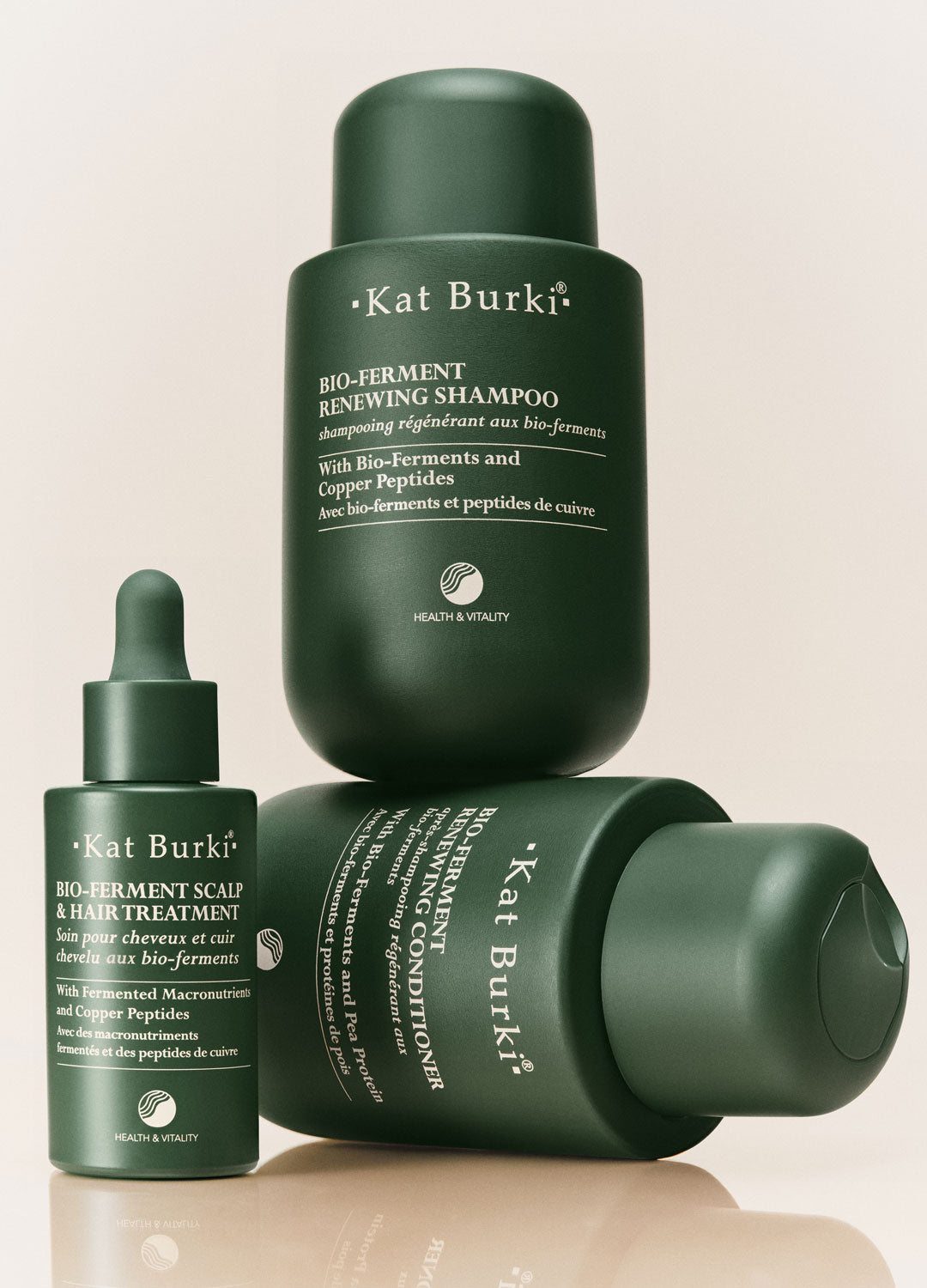What is Leaky Gut Syndrome?
You may have heard of “Leaky gut” - the possible root issue behind chronic fatigue, bad digestion and deficiencies. What you may not know, however, is what exactly it is, and more importantly, if you have it.
Leaky gut is really, exactly as it sounds! It’s a condition where the intestinal lining becomes too porous. All gut linings have a varying degree of permeability, but if it is too extreme, it results in larger, undigested food particles, and other toxins “leaking” out into the bloodstream. This is a huge deal, because the intestinal lining is the first line of defence for our body’s immune system. The body calls on the liver, and then the immune system, to fight off these foreign invaders. They likely won’t succeed and the foreign bodies are absorbed into tissues in the body, resulting in inflammation (an immune system response). In turn, the body starts producing antibodies to fight off the invaders.
A common culprit of leaky gut is gluten, but other things such as infections, toxins (from internal substances such as antibiotics, drugs, steroids), external environmental toxins (pollution, BPA from plastics, mercury and pesticides), things we are exposed to everyday even if we intentionally do our best to avoid them. Stress and age can also play a huge part. I also believe that other inflammatory foods like dairy, refined sugar and excessive alcohol are contributing factors as well. Many people feel uncomfortable after eating a sugar-laden gluten treat, they may even feel an allergy to it, and this is a prime example. The root cause of many food tolerance issues is the leaky gut, not the food itself, because those floating food particles are what cause the issues. The body’s negative response is often simply a by-product of its attempt to fight off the leaky gut culprits.
How do I Know if I'm Living with Leaky Gut?
Good question! It will vary from one person to the next, but symptoms can include multiple food sensitivities, deficiencies, diarrhoea or constipation, skin rashes, candida and brain fog. Below I have listed the main leaky gut symptoms.
1. Digestive system issues such as gas, bloating, diarrhoea or irritable bowel syndrome (IBS).
2. Seasonal allergies or asthma.
3. Ongoing hormonal imbalances such as PMS or PCOS.
4. Diagnosis of an autoimmune disease such as rheumatoid arthritis, Hashimoto’s thyroiditis, lupus, psoriasis, or celiac disease.
5. Diagnosis of chronic fatigue or fibromyalgia.
6. Mood and mind issues such as depression, anxiety, ADD or ADHD.
7. Skin issues such as acne, rosacea, or eczema.
8. Diagnosis of candida overgrowth.
9. Food allergies, food sensitivities or food intolerances.
10. Poor immune system.
11. Arthritis or joint pain.
How can I Heal Leaky Gut?
Once you have detected the problem I would recommend starting by ‘removing and replacing’.
An elimination diet is a great way to take out the bad. The goal is to get rid of things that negatively affect the environment of the GI tract, such as inflammatory and toxic foods, like gluten, dairy, sugar, fried foods, processed goods, alcohol etc… Think most store bought treats: yummy bakery breads and cakes, deli meats, sugary condiments and e numbers/additives, anything that is foreign to our bodies.
Begin by bringing in more of the good stuff such as lots of fresh fruit and veg. Your digestive system needs fibre from wholefoods in there simplest and purest forms. Try gluten-free grains - some of my favourite are quinoa, millet and buckwheat. Replace your regular pasta with a pea, lentil, chickpea, or brown rice version. Make a conscious effort each day, to incorporate a smoothie into your routine, full of greens, some fat and protein (nut butters, avocado, coconut yoghurt, Greek yogurt, hemp seeds, flaxseeds, chia seeds).
It is crucial to ensure you are giving your body the essential ingredients it needs, for proper digestion and absorption. I will suggest a gut protocol in Part Three, but you can incorporate gut-healthy foods into your daily diet very easily. Sauerkraut, kimchi, miso, coconut yogurt, tempeh, fermented veggies, apple cider vinegar - these are all brilliant additions you can add into your diet that will benefit you hugely.
To support your new anti-inflammatory diet (this is the most important factor, ie. what you are and are not eating), it is essential to provide the nutrients necessary to help the gut repair itself. One of my favourite supplements is L-glutamine, an amino acid that helps to rejuvenate the lining of the gut wall. I would also suggest vitamin D and zinc. For a really good-quality probiotic, I favour Symprove Probiotic Treatment every morning, first thing, on an empty stomach. Renew life capsules and digestive enzymes can also help. Remember to also de-stress and be aware of your surroundings, as damage to the gut can be caused by external disruptions as well as internal.
Rosemary Ferguson (@rosemaryferguson_) is a successful model of the 90’s turned nutritionist, founder of the 5 Day Plan, co-founder of Pure Filth, author, writer and Mum of three beautiful girls! From a homeopathic background, Rosemary has always had an interest in what food can do for you, this lead to her studying at The College of Naturopathic Medicine. She is now qualified in naturopathy and nutrition and runs a clinic London.





